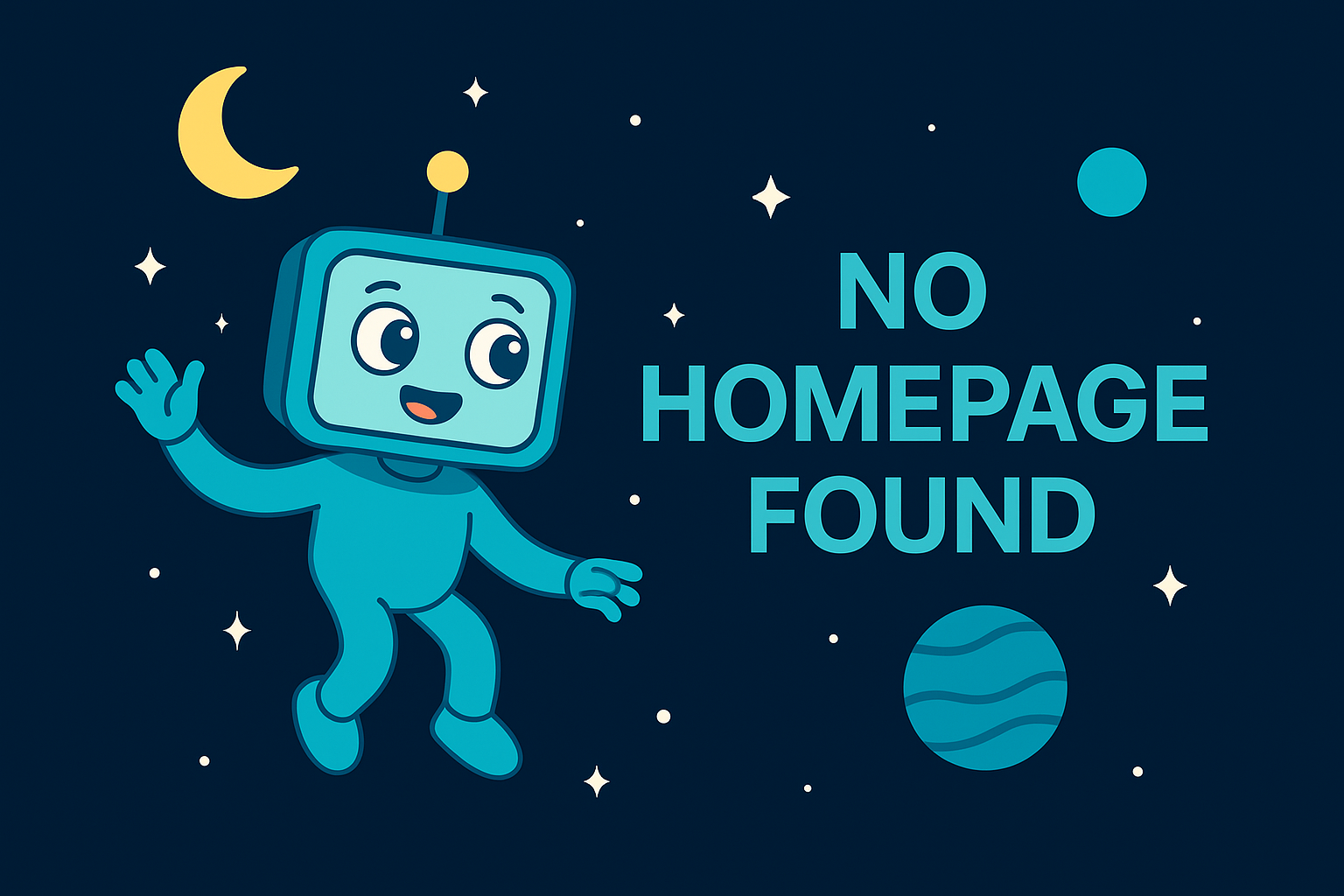
Best AI Tools for Astronomy
Explore the top-rated tools and popular subcategories for Astronomy.
Subcategories
New in Astronomy
Recently added tools you might want to check out.
Astronomy
The SIMBAD astronomical database provides basic data, cross-identifications, bibliography and measurements for astronomical objects outside the solar system.
Astronomy
Discover features, pricing, and reviews for this AI tool.
Science & Education
Since its 1990 launch, the Hubble Space Telescope has changed our fundamental understanding of the universe.

